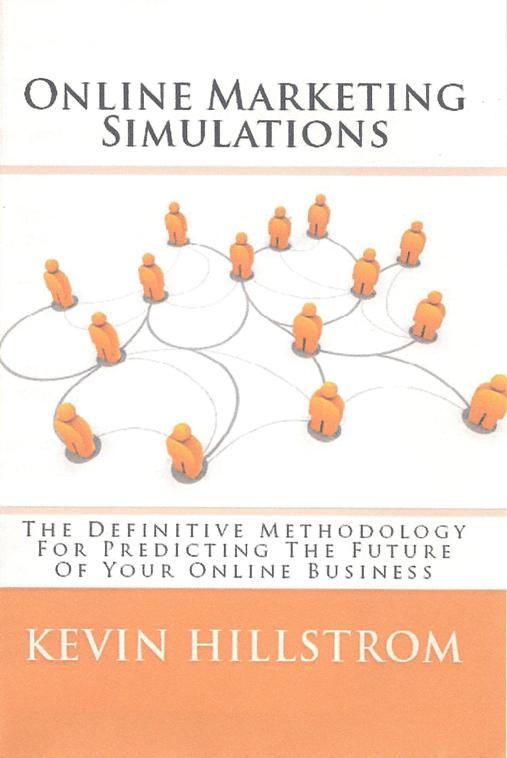Amazon Promotion, Co-Ops, Micro-Channels
 Last Friday, Amazon sent a promotion to their affiliates. The affiliate could earn a commission by putting up a link to a free download of "Let's Get It On" by Marvin Gaye.
Last Friday, Amazon sent a promotion to their affiliates. The affiliate could earn a commission by putting up a link to a free download of "Let's Get It On" by Marvin Gaye.The promotion doesn't matter. And the style of marketing isn't necessarily innovative, either.
It is important to review, however, the evolution of direct marketing, because many of us employed in traditional direct marketing are trying so hard to preserve direct marketing as we knew it, instead of embracing what it is becoming.
In the music industry, control is shifting from "industry" to "music". In the article, Mr. Godin references the concept of a "micro-market". Sounds awfully similar to what we describe as a "micro-channel"! And the article talks about the "middle geography disappearing" in music --- this is exactly the same as catalog customer acquisition dying in our industry.
In the 1980s and 1990s, the list broker was the gate keeper. A quirky relationship existed.
- The list owner got paid.
- The list broker / manager got paid.
- The customer did not get paid. The customer had to spend in order for the list owner and list broker / manager to get paid.
As we close in on 2010, power is shifting.
In this case, Amazon doesn't go to a co-op to buy one-time access to 5,000,000 MP3-loving households modeled by a co-op statistician. No, Amazon bypasses the gate keeper, going directly to me.
This is the real dynamic behind the death of catalog customer acquisition. The gate keepers lost control --- no fault of their own, customers simply changed their behavior.
And so our job changes as well.
- How do we create something of value so that information from our business is on an individual customer's "My Yahoo" page every morning?
- How do we create a Twitter presence that adds value, so that more than just 394 people follow us --- how do we stay away from "we have swimsuits on sale?" as our only message?
- How do we build a network of 25,000 micro-channels, and create a mutually beneficial relationship (one not necessarily based on money)?
Labels: Amazon, Micro-Channels


